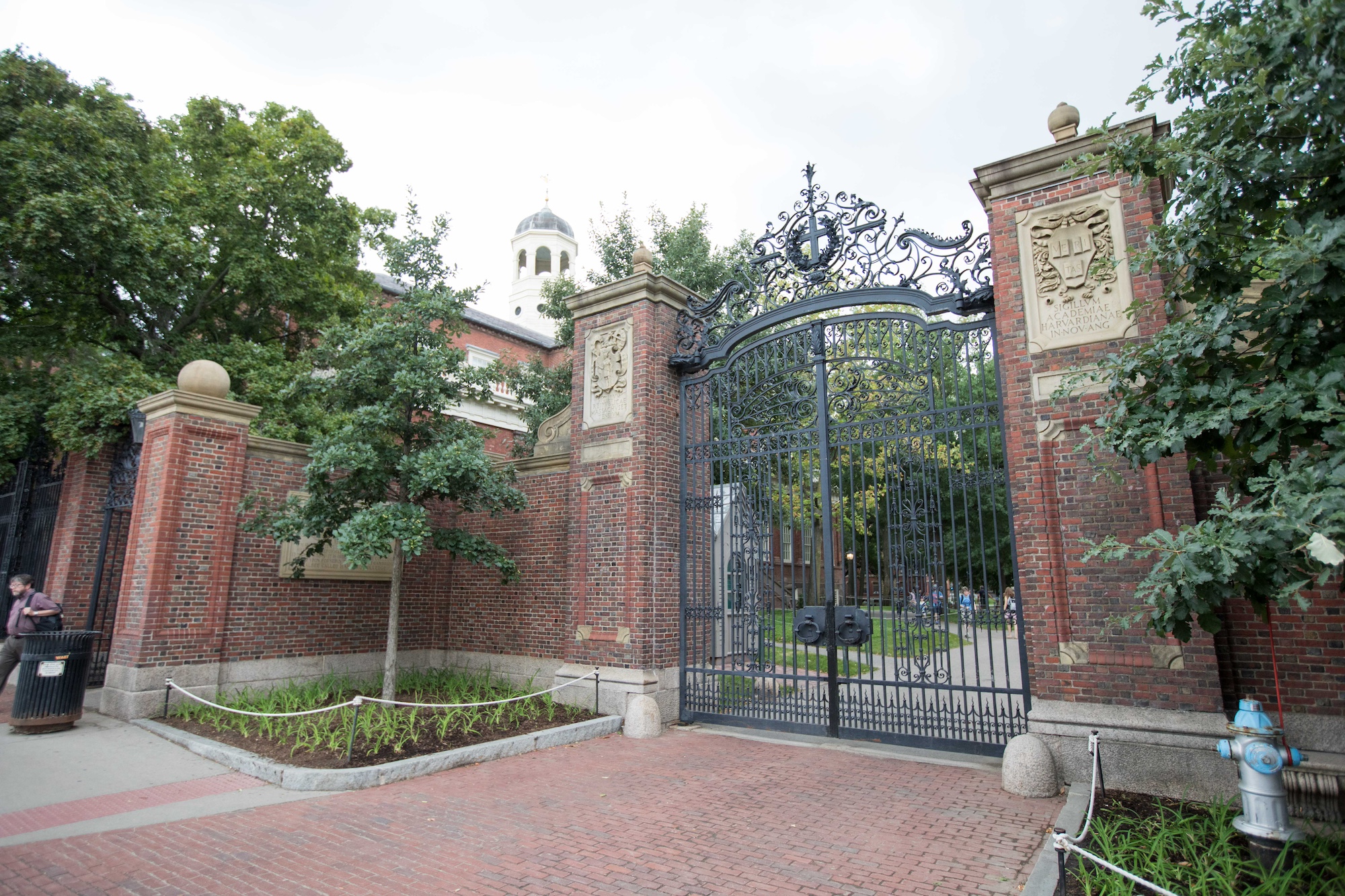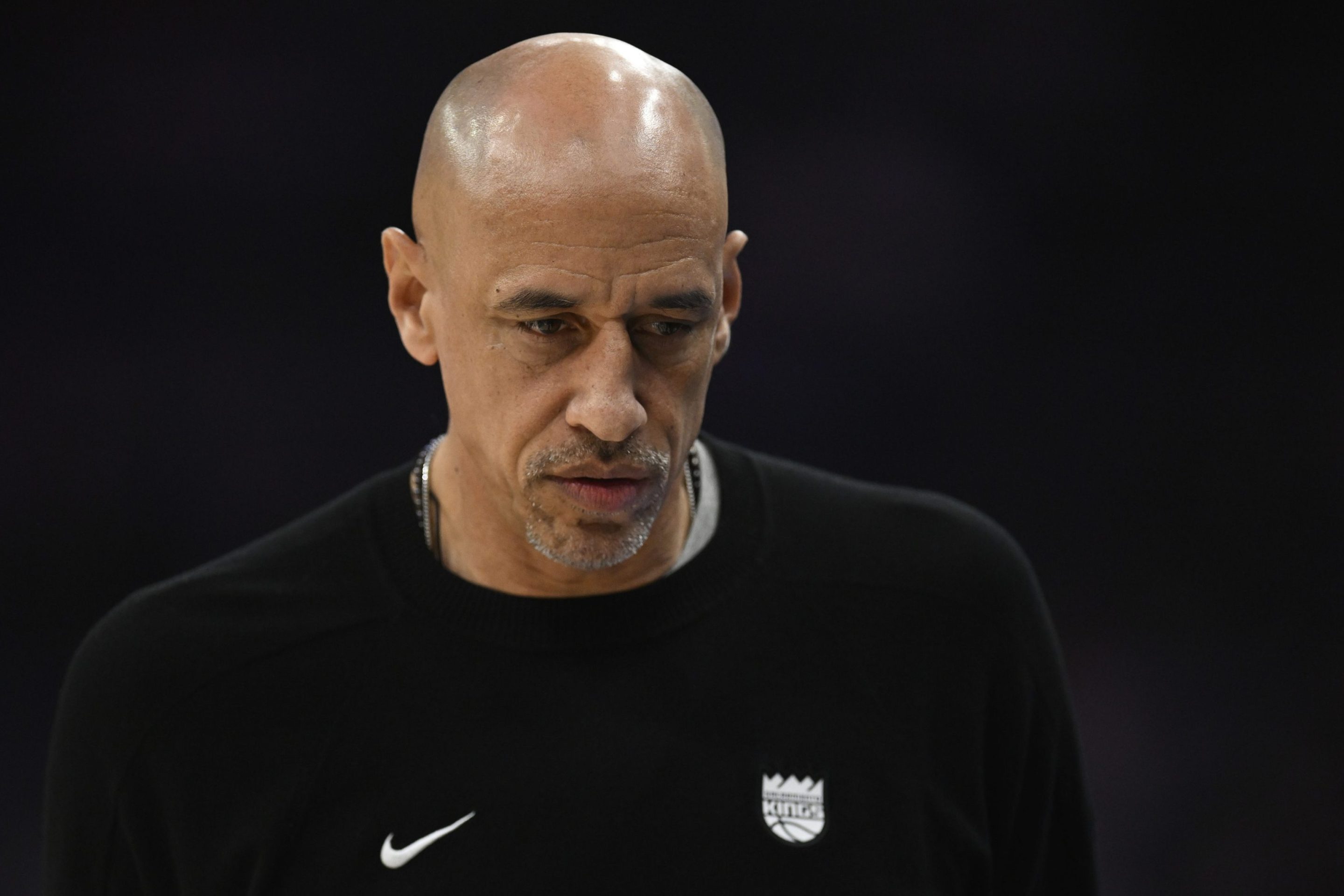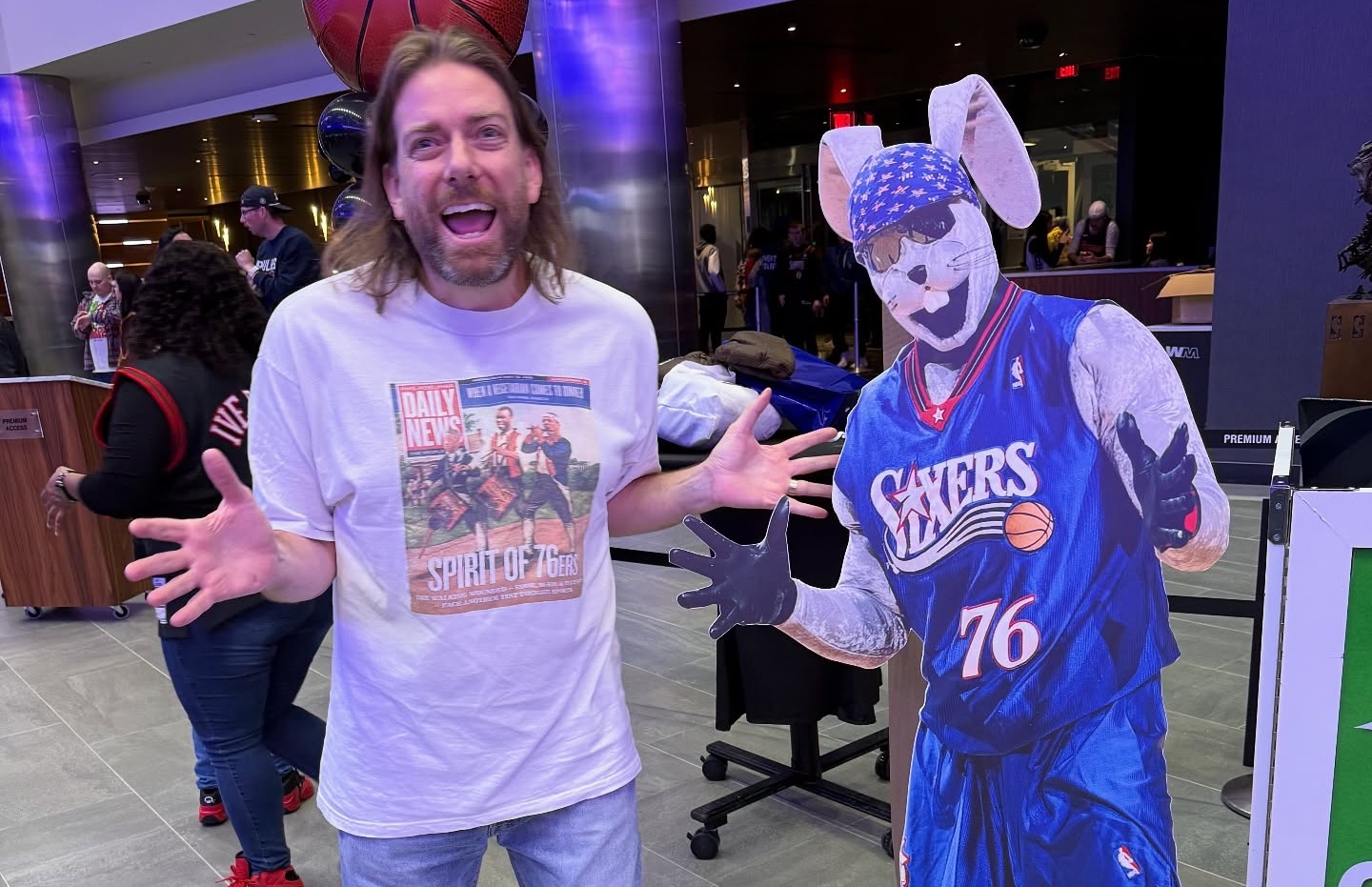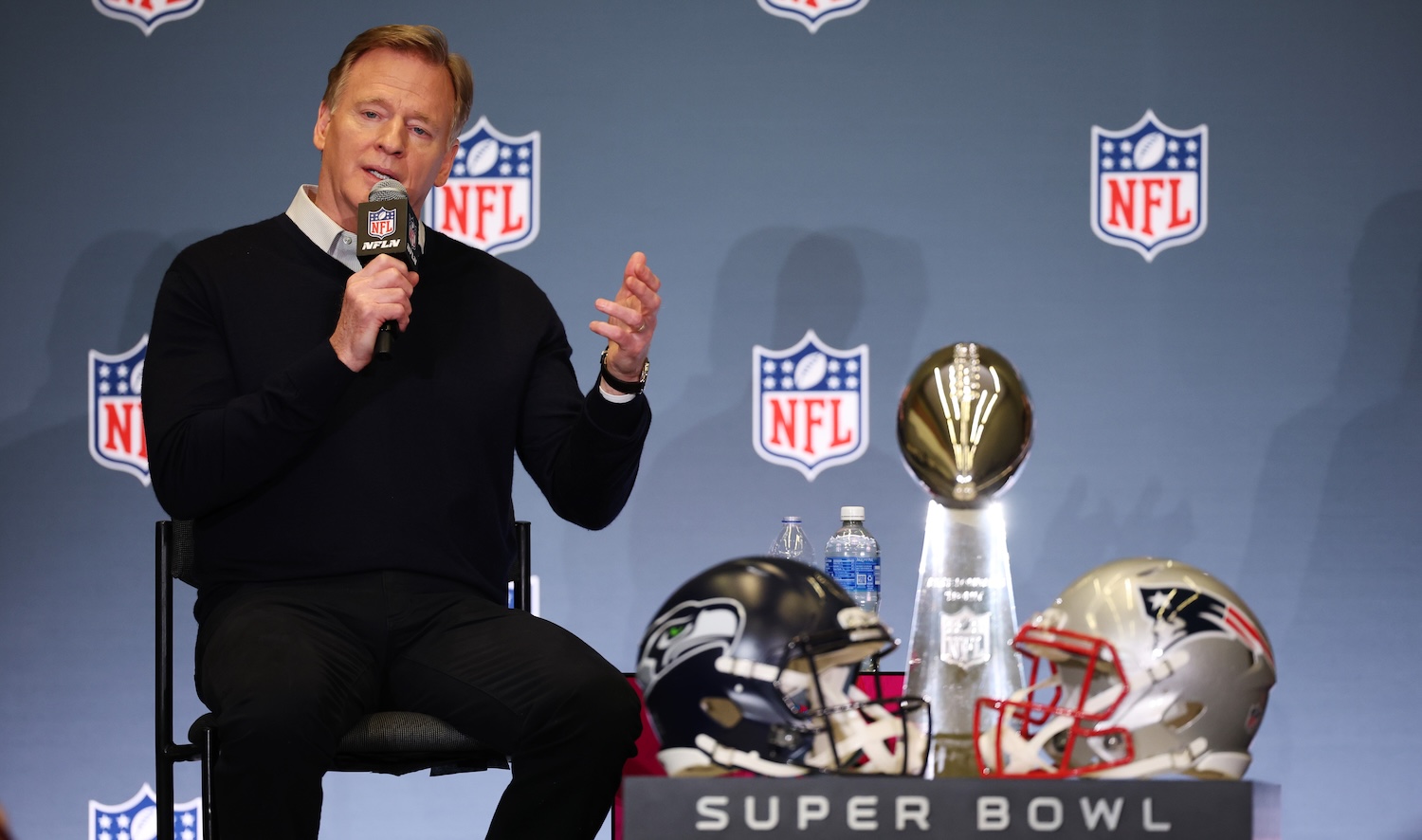When I was in law school my favorite dumb joke was the idea of a law draft. Line up the top whatever firms, the top whatever students. Replace cover letters with advanced analytics on our transcripts, maybe some scouting analysis—whose stock was rising, whose was falling, who had character concerns, the basic drill. David Souter as commissioner: There’s a guy who could really get the crowd going. Let the camera discreetly cut away from somebody covering their face in the green room as they fell to the fourth round; let the audience see their distress, but not for long enough to be accused of tastelessness.
I thought this was hilarious. It took me longer than it should have to see how fucked up it was even as a joke. It’s not that I ever thought it was more than a joke, or that my classmates and I were anything more than replacement-level players, but what makes jokes funny is their connection to the real world. I thought the law draft joke was funny because it mirrored what I was experiencing: I believed that the practice of law most truly existed in the tiny world I saw in front of me, in the Midtown hotel rooms where I and my classmates went in our best suits to answer both blandly and personably the questions of other people in suits who, we believed, would decide our fate. In this vision of the world there were a limited number of law students and a limited number of places that we might wind up. Most of those places were the brand-name law firms; a smaller but not totally insignificant number were high-prestige public-interest places. A little world with a little fence around it.
Some of the reason I saw it this way was because I was not particularly bright, but there were other factors at play. You have to understand that by the time I was three months into law school I had taken on an amount of debt that seemed to me basically unpayable unless I went to work at one of the places that had what I imagined as Scrooge McDuck vaults. But there were other, less pragmatic reasons. Because I didn’t know anything about what it meant to actually be a lawyer, artificially constraining the field made it feel less intimidating, more like a children’s book. I was also desperate to be patted on the head and told that I was doing a good job. It was a personal trade-off: I allowed these firms to loom large in my imagination and then, if they picked me, it meant something. None of this speaks particularly well of me, but the fact that I came out of law school still believing it doesn’t speak all that well of the environment I was in, either.
Almost everybody reading this probably knows better than I did then. Unlike professional basketball, there are a million ways and places to be a lawyer, and every town in these United States with a corporate office park where Canada geese congregate to menace has its legal geniuses and weirdos and corporate guys in suits. In every tiny courthouse somebody is practicing law at the highest level and somebody down the hall is fucking up in an incredibly bizarre way; every now and then it’s the same person on the same day.
But I have been thinking about my imaginary vision of the law world with the recent news of Davis Polk, which was one of the firms at that Midtown hotel, pulling job offers from law students because of their perceived or actual stance on Israel and Palestine. In the face of what is actually happening this seems like a profoundly unserious thing to focus on, but I cannot stop thinking about it. I have read that New York Times story two or three times; I remain a little confused about what the students supposedly did or didn’t do. The story tells us that the firm believed the students led organizations that issued or signed on to statements condemning Israel; Davis Polk described those statements as in “direct contravention of [the] firm’s value system.”
It is easy, almost 20 years after graduating, knowing more about how many different ways there are to be a lawyer, to dismiss as totally false the Saul Steinberg New Yorker cover version of the practice of law that I had in my head in law school, but of course it’s not. Prestige (I keep wanting to write “perceived prestige,” but the perception is always already baked in) is real—the fact that the reality in question depends on the rest of us acting as if it’s real doesn’t make it any less real. Some of that reality can be seen in the fact that the New York Times is covering a law firm withdrawing job offers; some of it can be seen in the fact that some of the students who had their job offers withdrawn were, according to the story, going through a process to ask that those offers be reinstated.
I don’t think anybody needs to be convinced that either the intended or actual goal of withdrawing those job offers was coercive. I think the people most convinced that it had to be done wanted it done precisely because of its coercive effect. What everybody knows, but what bears repeating, is that it impacts not just those particular students who had their job offers pulled, but the whole striving world of young people, who are being reminded that saying the wrong thing can and will block their entry into circles they are being taught are the only ones that really matter.
What’s really being monitored here is speech, not the contents of anybody’s soul. I have not been at a law firm in a long time, but I’d be surprised if Davis Polk has any real interest in what lies within the hearts of its junior associates. What they are interested in is not so much whether someone believes x or y, but whether somebody is willing to shut up about what they believe—is willing to keep their speech within the bounds of what has been deemed acceptable. What they are testing for is not particular politics; they’re testing for the willingness to keep silent. A particular statement can be argued with, can be analyzed, but a purportedly benign silence is immovable and impenetrable. It allows no toehold for either protest or endorsement. The vagueness of the Davis Polk statement can be read as strategic: They don’t want to define the particular things that are and are not OK to say, they want to remind you that saying anything at all risks the withdrawal of their light.
Not that long after I left law school I briefly worked at a newsroom which did not pay well and therefore was filled with people newly out of journalism school. It turned out they had all their own prestige markers, all their own signs of success, their own sort-of equivalents to that Midtown hotel where I had made enthusiastic conversation with something like 15 junior partners in one day. If I had ever stopped to think about it before then, I probably would have accepted as natural that every field had these chokepoints, these moments when enthusiastic young people saw themselves as either making it or not. And therefore: Every field has pressure points that can be used to make sure that people coming through are not willing to give voice to any views too far outside what’s been said before. That can constrain not just particular utterances, but the idea of uttering anything at all. And now, in real time, we are getting to watch institutions divorce those writers who are unwilling to stop having and expressing personal beliefs; it doesn’t seem like a coincidence that those are some of the best writers operating today.
I wrote to my congressperson a couple of weeks ago. All of my law school instincts kicked in; I wanted to seem reasonable, like someone worth paying attention to; I wanted to seem calm. Also, I wanted Israel to stop bombing civilians. Given how mealy-mouthed my letter was, it is maybe unjust to complain about the response I received, which told me that my congressperson a) stood with Israel, b) wanted to “minimize the loss of innocent Palestinian lives,” c) deplored Netanyahu’s authoritarianism, and d) stood with Israel. It was a lot of words; it didn’t feel, in the end, like it said very much. I suspect my congressperson learned early on that not saying much was how you remained on the fast track to success in politics, too.
The mechanisms of power are not surprising. There is nothing novel in the idea that particular institutions define what can and can’t be said. It is not at all counterintuitive that precisely those people most eager to be part of those institutions are those taught—and willing—to be most careful in what they say. But it is also worth insisting, over and over again, that the power of these institutions depends on collective agreement that they are in fact where the real world happens—on our willingness to bring their prestige to life. That it could someday be otherwise is the truly unsayable thing, as far as they are concerned.






